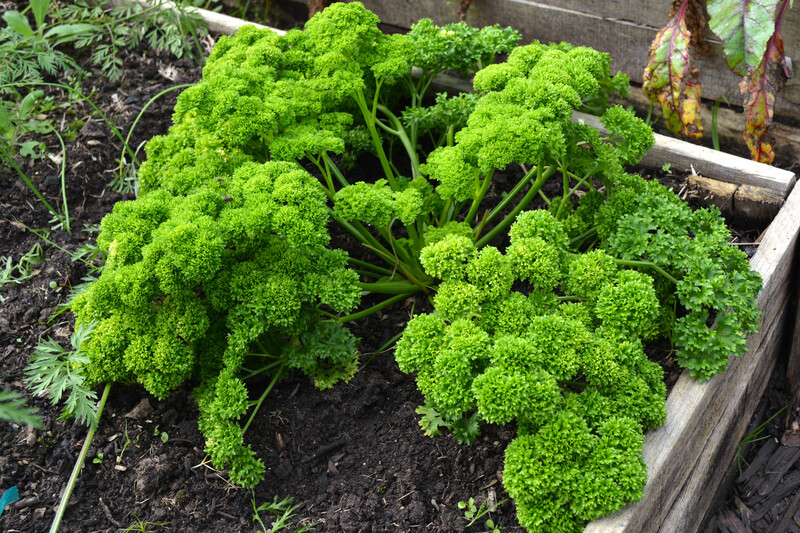Comprehensive Guide to Garden Maintenance in Limehouse
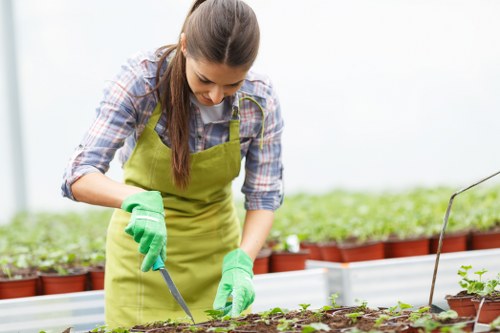 Maintaining a beautiful garden in Limehouse requires dedication, knowledge, and the right techniques. Whether you're a seasoned gardener or a beginner, understanding the unique challenges and opportunities of the Limehouse area can help you create and sustain a thriving outdoor space. From soil preparation to seasonal care, this guide covers all aspects of garden maintenance to ensure your Limehouse garden remains vibrant and healthy throughout the year.
Maintaining a beautiful garden in Limehouse requires dedication, knowledge, and the right techniques. Whether you're a seasoned gardener or a beginner, understanding the unique challenges and opportunities of the Limehouse area can help you create and sustain a thriving outdoor space. From soil preparation to seasonal care, this guide covers all aspects of garden maintenance to ensure your Limehouse garden remains vibrant and healthy throughout the year.
One of the first steps in garden maintenance is understanding the local climate and soil conditions. Limehouse, being part of the East End of London, experiences a temperate maritime climate, which means mild winters and cool summers. This climate is suitable for a wide variety of plants, but it's essential to choose species that can thrive in these conditions. Additionally, the soil in Limehouse may vary, so conducting a soil test can help determine the necessary amendments to enhance fertility and structure.
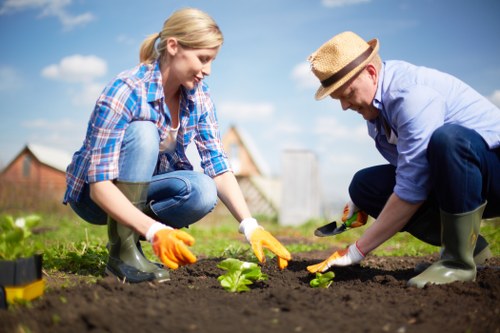 Regular watering is crucial, especially during the hot summer months. Installing an efficient irrigation system can save time and ensure your plants receive consistent moisture. Drip irrigation systems are particularly effective as they deliver water directly to the plant roots, reducing evaporation and water waste. Mulching around plants not only helps retain soil moisture but also suppresses weeds and regulates soil temperature.
Regular watering is crucial, especially during the hot summer months. Installing an efficient irrigation system can save time and ensure your plants receive consistent moisture. Drip irrigation systems are particularly effective as they deliver water directly to the plant roots, reducing evaporation and water waste. Mulching around plants not only helps retain soil moisture but also suppresses weeds and regulates soil temperature.
Your Limehouse garden's health also depends on proper pruning and trimming. Removing dead or diseased branches promotes better air circulation and prevents the spread of pests. For flowering plants, regular pruning encourages more blooms and maintains a neat appearance. It's important to use sharp, clean tools to make precise cuts and minimize damage to the plants.
Fertilizing is another key component of garden maintenance. Depending on the plant types, different fertilizers may be required. Organic options like compost and manure improve soil structure and provide a slow release of nutrients, while synthetic fertilizers can offer immediate results. It's essential to follow recommended application rates to avoid over-fertilization, which can harm plants and the environment.
 Pest and disease management is vital for maintaining a healthy garden. Regular inspections can help identify issues early, allowing for timely intervention. Integrated Pest Management (IPM) strategies, which include biological controls, cultural practices, and minimal use of chemical pesticides, are effective and environmentally friendly. Encouraging beneficial insects, such as ladybugs and lacewings, can naturally keep pest populations in check.
Pest and disease management is vital for maintaining a healthy garden. Regular inspections can help identify issues early, allowing for timely intervention. Integrated Pest Management (IPM) strategies, which include biological controls, cultural practices, and minimal use of chemical pesticides, are effective and environmentally friendly. Encouraging beneficial insects, such as ladybugs and lacewings, can naturally keep pest populations in check.
Seasonal Maintenance Tips for Limehouse Gardens
Different seasons bring unique challenges and opportunities for garden maintenance. In spring, focus on planting new flowers and vegetables, as well as preparing beds by removing debris and adding compost. Summer requires ongoing watering, weeding, and protection from heat stress. Autumn is the time to harvest remaining crops, clean up fallen leaves, and plant perennials for next year. Winter care involves protecting sensitive plants from frost and planning for spring growth.
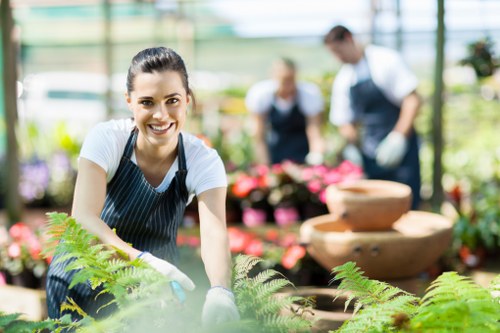 Choosing the right plants is essential for a sustainable Limehouse garden. Native species are often more resilient and require less maintenance, as they are adapted to the local climate and soil conditions. Additionally, selecting a mix of annuals and perennials ensures continuous blooms and interest throughout the growing season. Consider incorporating fruit trees, ornamental shrubs, and perennial flowers to add diversity and structure to your garden.
Choosing the right plants is essential for a sustainable Limehouse garden. Native species are often more resilient and require less maintenance, as they are adapted to the local climate and soil conditions. Additionally, selecting a mix of annuals and perennials ensures continuous blooms and interest throughout the growing season. Consider incorporating fruit trees, ornamental shrubs, and perennial flowers to add diversity and structure to your garden.
Garden maintenance in Limehouse also involves managing garden tools and equipment. Keeping tools clean and well-maintained extends their lifespan and ensures they work efficiently. Regularly sharpen blades, oil hinges, and store tools in a dry place to prevent rust and damage. Investing in high-quality equipment can make maintenance tasks easier and more enjoyable.
Eco-Friendly Practices for Sustainable Garden Maintenance
Adopting eco-friendly practices not only benefits the environment but also promotes a healthier garden. Composting kitchen scraps and garden waste reduces landfill contributions and provides a rich source of nutrients for your plants. Collecting rainwater using barrels can decrease reliance on municipal water sources and ensure a steady supply during dry periods.
Using organic fertilizers and natural pest control methods minimizes the use of harmful chemicals, fostering a balanced ecosystem in your garden. Planting cover crops during off-seasons prevents soil erosion, enhances soil fertility, and controls weeds. Additionally, incorporating companion planting can improve plant health and productivity by enhancing pollination and deterring pests.
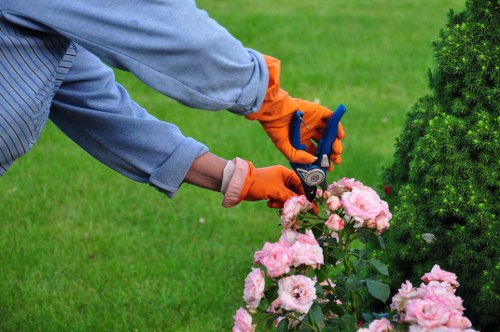 Creating a wildlife-friendly garden attracts beneficial creatures like birds, bees, and butterflies, which aid in pollination and pest control. Providing habitats such as birdhouses, insect hotels, and water sources encourages biodiversity and creates a vibrant, dynamic garden environment. Embracing these practices ensures that your Limehouse garden is not only beautiful but also sustainable and resilient.
Creating a wildlife-friendly garden attracts beneficial creatures like birds, bees, and butterflies, which aid in pollination and pest control. Providing habitats such as birdhouses, insect hotels, and water sources encourages biodiversity and creates a vibrant, dynamic garden environment. Embracing these practices ensures that your Limehouse garden is not only beautiful but also sustainable and resilient.
Conclusion: Maintaining a garden in Limehouse involves a combination of knowledge, effort, and the right practices. By understanding the local climate, choosing appropriate plants, and implementing sustainable maintenance techniques, you can create a lush and thriving garden space. Regular care, seasonal adjustments, and eco-friendly practices will ensure that your Limehouse garden remains a beautiful and enjoyable retreat for years to come.
